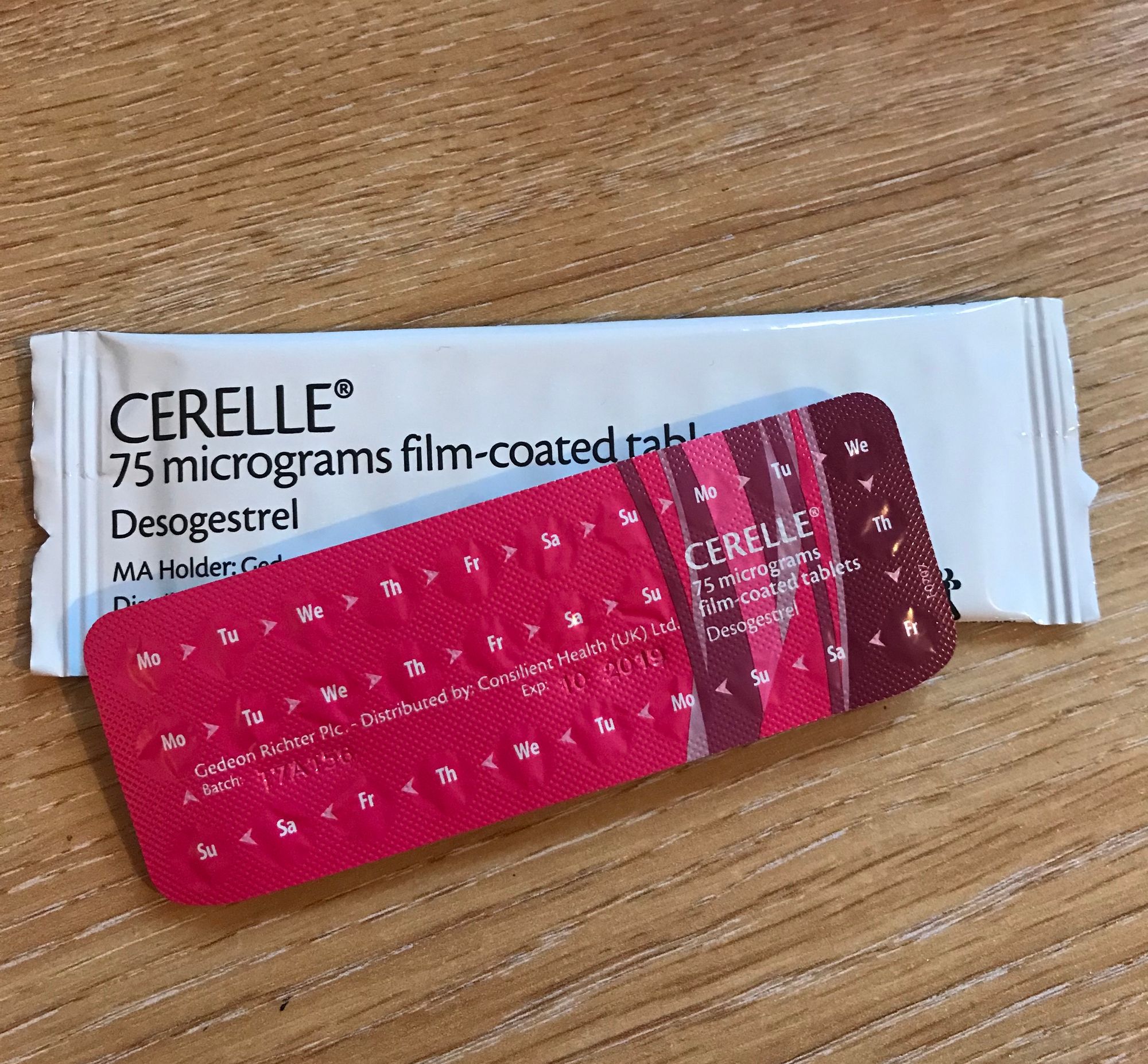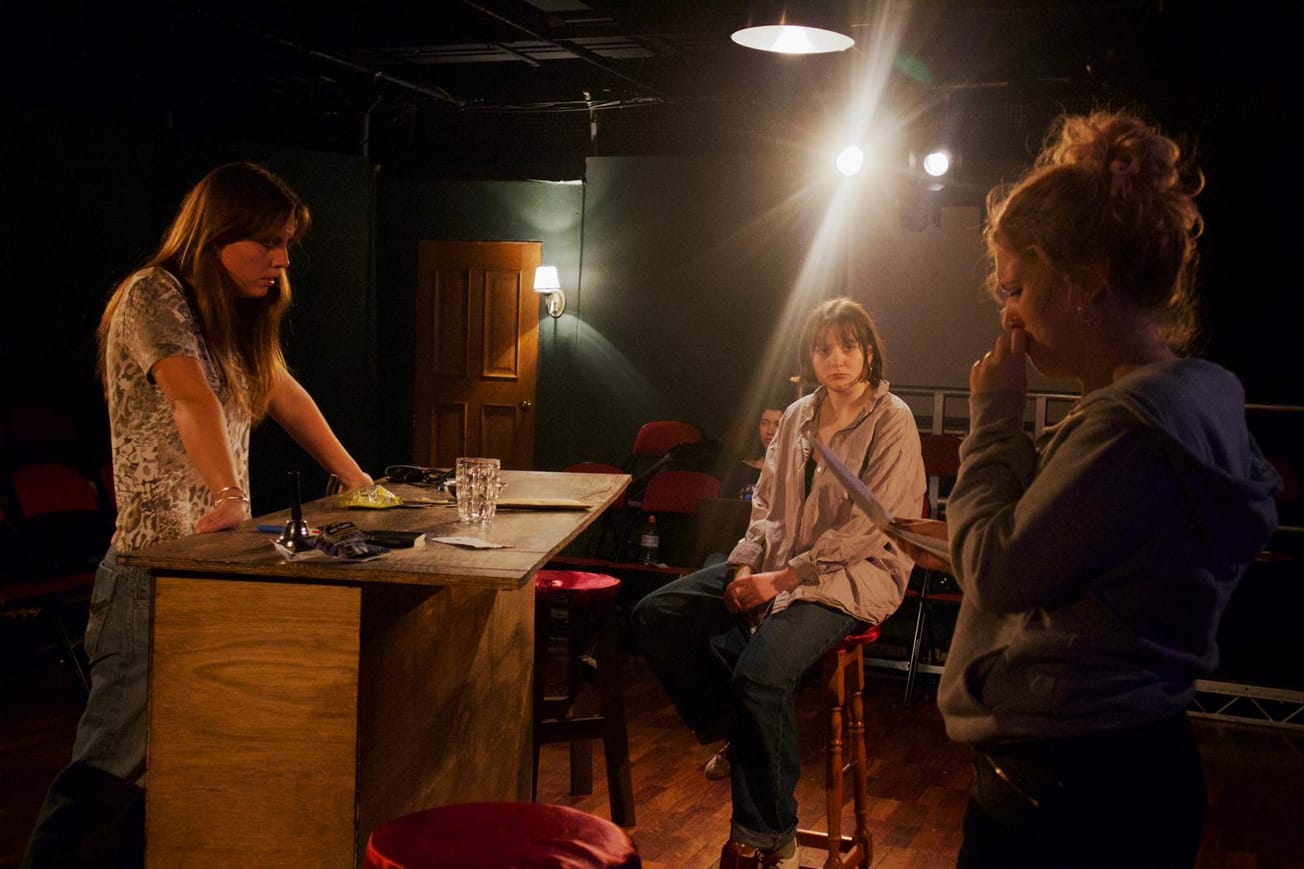By Aisling Duignan-Murphy, Third Year, Psychology
The Croft Magazine // It can be incredibly difficult to find the right contraception. We are often faced with a lack of information which can lead to confusion when clarity is needed the most.
Content warning: brief mention of sexual assault.
Picture this. You’re 14 and sitting in your school’s assembly hall. You’re about to be given a lesson in sex education. Everyone’s giggling, excited and probably a little nervous too. On to the stage walks a man in his thirties who begins to perform a skit. In which, he places duct tape onto his arm and rips it off. This process is repeated multiple times, until the tape will stick no longer. The man stares point-blank at you all and says, ‘this is a metaphor for your self-worth after having repeated casual sex – and remember you cannot get the stickiness back once it has gone’.
The concluding suggestion from this man was to avoid having sex until marriage. As this is, of course, the best type of contraception. So, yes, this was pretty much the extent of my Catholic school’s attempt at sex education. Luckily, my parents did not take the same approach.
However, I consider how many young people have experienced similar introductions to contraception. Whether that be at the hands of their parents or supposed educational institutions like schools. This strikes me as deeply concerning.
It is clear that young people are often discovering contraception all on their own, or via word-of-mouth through friends’ experiences. This leads to Yahoo searches, scare stories and, generally, a tonne of misinformation. This becomes even more dangerous when one considers the fundamental lack of LGBT+ sex education in schools, thereby leading to further stigmatisation and stress in young people who are just beginning to discover themselves.
My experiences were uninteresting for the first three years that I was on contraception. Initially I went on the combined pill because I wanted to be off of my period for Reading Festival when I was 16 (wow).
I decided to stay on the pill following this because everyone was starting to have sex and I wanted to be ‘prepared’. I never experienced any of the tough side effects such as weight gain or acne, which many people struggle with. So, I decided to remain on the same pill for the next three years.
Halfway through second year it dawned on me that I did not really know what my physical and mental health were like without the pill. I am quite an over-emotional person and thought maybe it could be attributed to the pill because mood swings are one of the most common side effects. I googled contraception options and spoke to a GP and decided the copper coil would be a good choice. No hormones and it can last for ten years? Sounds great.
But, God, the pain. That is all I can think of when someone mentions the copper coil. From insertion to removal, the entire experience was truly agony. The doctor who carried out the procedure was kind and reassuring. Yet nothing prepared me for the sharp pain of metal being inserted into my uterus. Suddenly, I was being awoken by the doctor as I had fainted. I thought, ‘great, at least now it’s over for ten years’. How wrong I was.
The next month my period came. Luckily, I experience light and fairly painless periods usually. However, I was aware of the side effect of the coil: heavier and more painful periods. I brushed this off. But the pain of the cramps was truly unbearable. I could not go to work or university and was prescribed painkillers from the doctor, which only minorly dulled the pain.
Fortunately, I made the quick decision to get this coil removed as soon as possible. Removal was slightly less painful. But, honestly, I think this was because I was glad for it to be over. I concluded that my mood had been no different whether I was on or off the pill and so it was the best contraception for me.

Perhaps the most significant takeaway I have found from my experiences is that each person is unique. I have a handful of friends who have the copper coil and find it a fantastic experience, whilst others become aggressive and/or depressed on the pill. Therefore, considering information before making a choice is essential. Attempting to understand what you are putting into your body and any potential impacts it may have is smart.
However, this is not an opportunity we all have. For example, in the case of condom failure or in the awful case of sexual assault, emergency contraception must be used. I believe that being educated on our options should be taught informatively in schools, so that we can make the best choices for ourselves, even following such stressful situations.
I do not wish to scare anyone with this article, rather I aim to exemplify the importance of considering your choices thoroughly. Moreover, if you are in a sexual relationship of any sort, remember that you are not solely responsible for the contraceptive safeguards of yourself and your partner(s). Open and honest communication about the impact of contraception on one’s body and mind benefits any type of relationship. Everyone should aim to be truthful and receptive in conversations about contraception.
Featured image: Epigram / Aisling Duignan-Murphy
Find The Croft Magazine inside every copy of Epigram newspaper.









